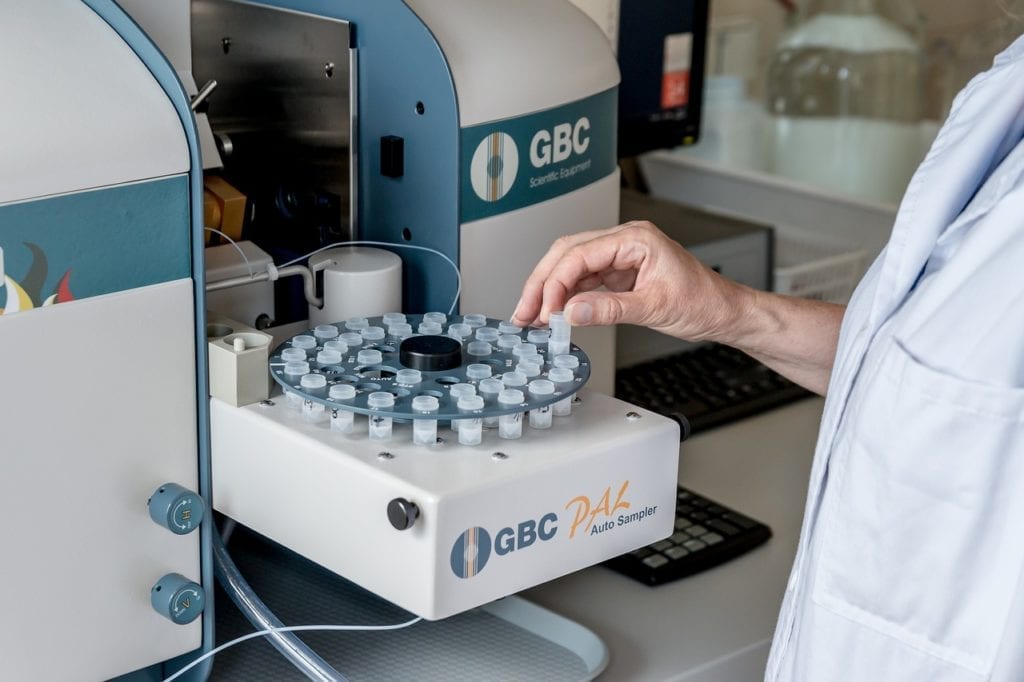According to an article from GlobeNewswire, new clinical evidence supports the use of gelpaglutide as a once-weekly treatment for short bowel syndrome. Zealand Pharma completed a Phase I clinical trial with the treatment in order to test different dosages. The trial included 75 participants and indicated that a twice weekly treatment was effective but that a once weekly dose was also a possibility. A larger scale Phase III trial will further confirm the viability of this dosing level.
In short bowel syndrome (SBS), the digestive system fails to work normally because part of the intestinal tract is missing. While it possible to be born with a short intestine, most people develop short bowel syndrome after having had part of the small intestine removed in surgery. This may be a necessary treatment in adults with Crohn’s disease or in children with necrotising enterocolitis. Symptoms of SBS include diarrhea, lactose intolerance, fatigue, bloating, heartburn, a foul smelling stool. The condition is usually treated with changes in diet, nutritional supplements, medication, and surgery. Surgery can include intestinal transplants or other procedures that increase the length of the intestine. To learn more about this disease, click here.
Gelpaglutide acts as an analog for glucagon-like peptide-2 (GLP-2), which is an amino acid peptide that is found naturally in the human body. In effect, the treatment works to replace and supplement GLP-2 in the body. It is normally produced in the intestine and people with SBS have less of it than normal. GLP-2 is responsible for intestinal growth, improved function of the intestine, neuroprotection, and the reduction of bone breakdown. This is the mechanism that is responsible for gelpaglutide’s effectiveness in treating SBS, and it is also useful for Crohn’s disease as well.







